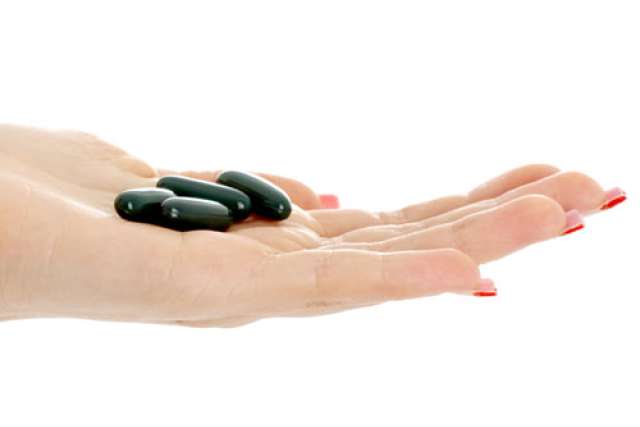The placebo effect occurs when people respond to treatments that have no medical reason to be effective. Although the placebo effect is generally accepted as being real, exactly why these treatments work remains a mystery.
One common theory is that the mind acts on the body to bring on the physical response.
New research suggests that there may be a biochemical reason for why placebos help people feel better.
Placebos can be effective for many conditions
People with chronic and stress-related conditions have the strongest response to placebos. There is a growing list of conditions that respond to placebos, including:
- Anxiety and depression
- Back pain
- Chemotherapy-related illness
- Migraine headaches
- Post-operative pain
- Post-traumatic stress disorder
Biochemical response prompted by placebos
New evidence sheds light on why some people and some conditions respond better to placebos. A biochemical response — triggered by a medical professional’s caring act — may be responsible.
People with Parkinson’s disease, depression and schizophrenia have shown a strong response to placebos in clinical trials. Their response may be related to their levels of an enzyme known as COMT. Recent studies have shown that COMT levels can affect the strength of a patient’s response to placebo.
Placebos work when delivered by a trusted, caring provider
The effectiveness of placebo treatment seems to be closely related to the relationship between the patient and caregiver. If a medical provider takes time to deliver the placebo treatment with compassion, the treatment has a higher likelihood of being successful.
Because placebo response varies with both the amount of caregiver interaction and COMT levels, researchers suspect that the COMT biochemical pathway may be involved in patients’ respond to the caregiver relationship. Using this pathway, the brain may translate caring acts into physical healing by turning on the biochemical processes responsible for pain relief, inflammation reduction and other healing properties.
As researchers continue to study the placebo effect, count on UCLA practitioners to take the time to provide the compassionate care necessary to healing. Find a UCLA provider by calling 800-UCLA-MD1.



